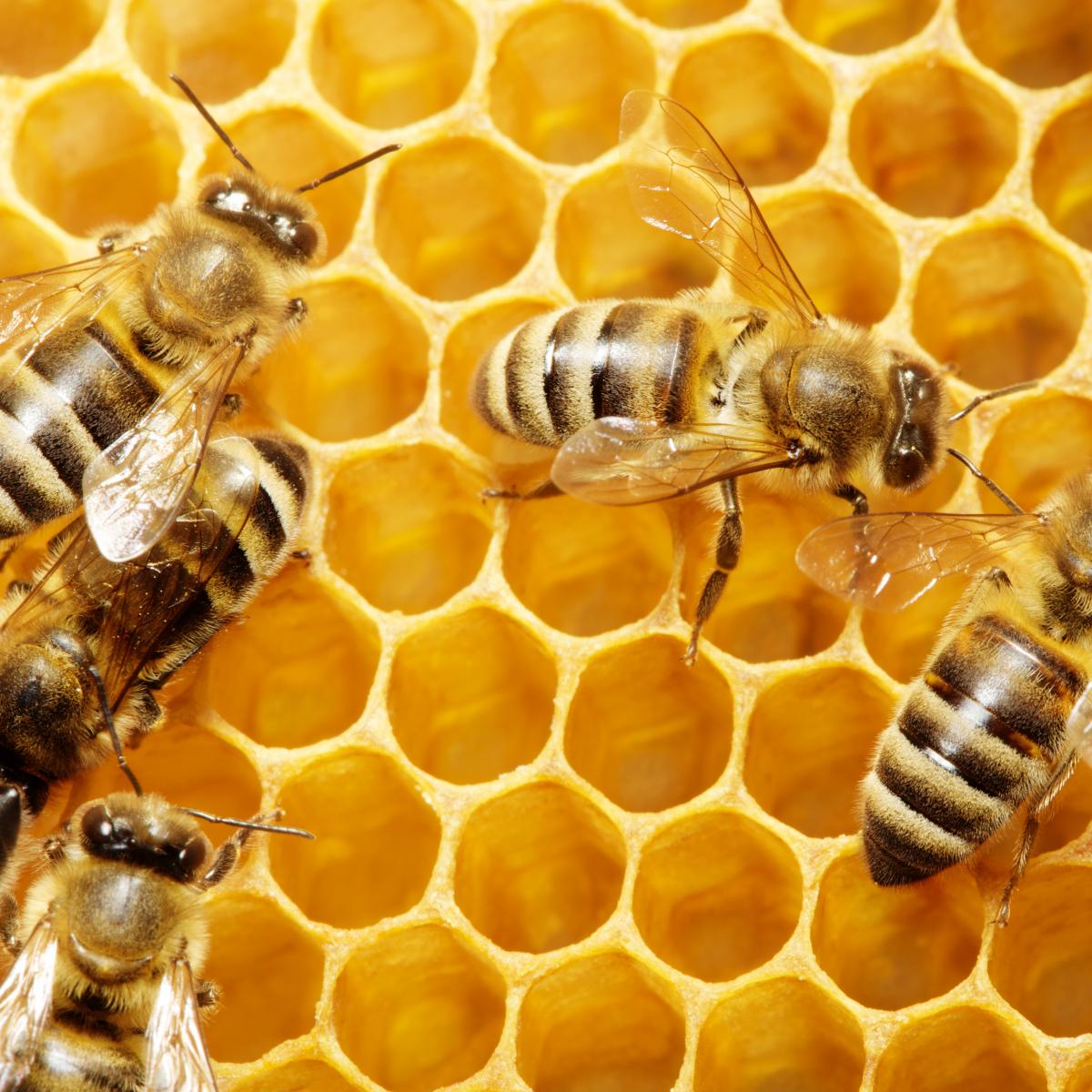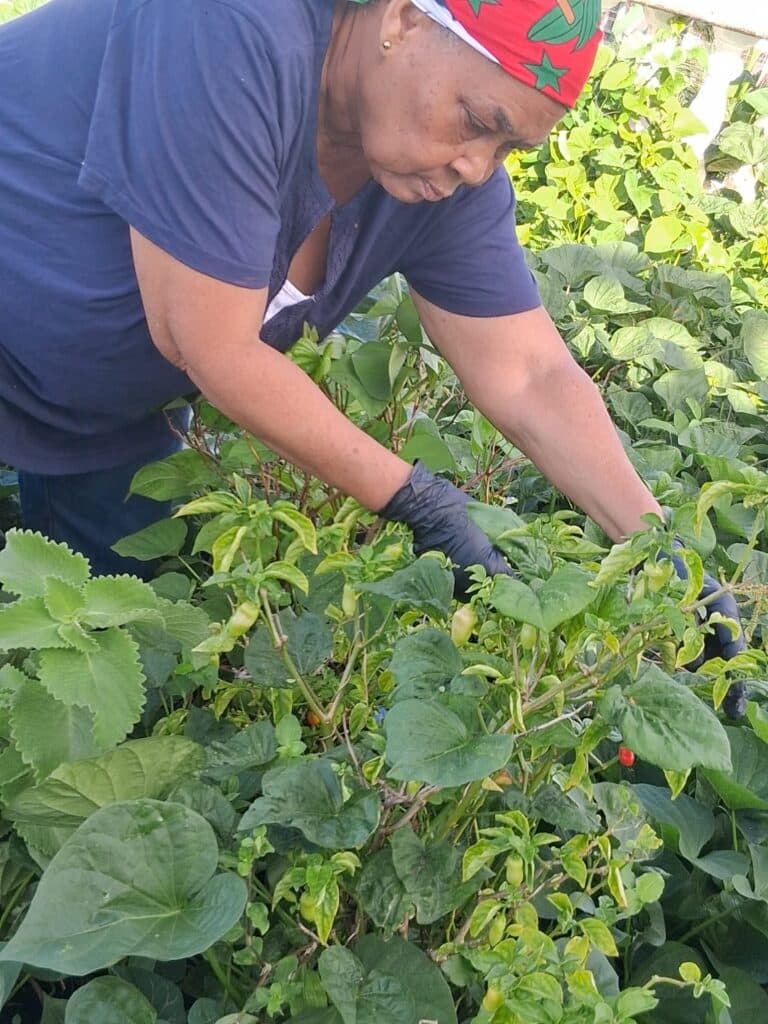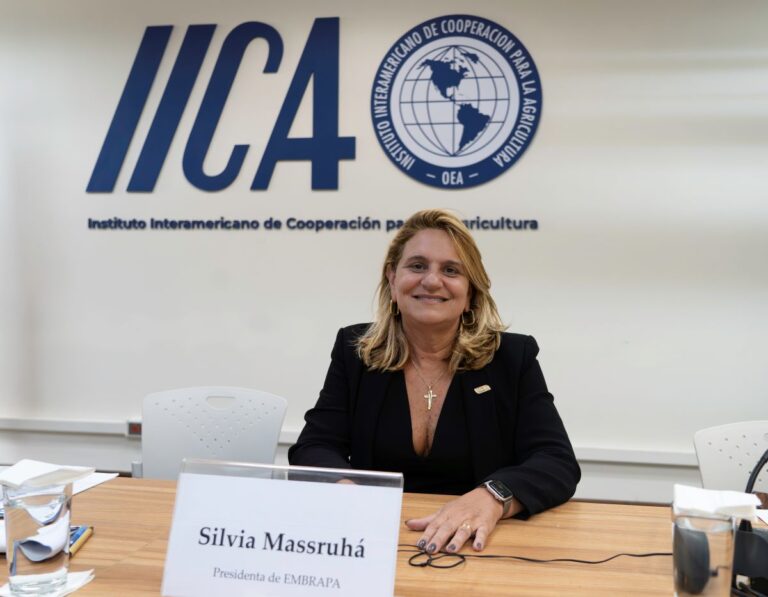The Trinidad and Tobago Goat and Sheep Society as well as other entities are demonstrating the potential of the nation’s small ruminant sector and implementing significant changes to drive its development.

Trinidad and Tobago, June 22, 2017 (IICA). The creation of a Dairy Stakeholder’s Committee; the development of a business plan that could increase production, productivity and market access; the creation of a marketing strategy; and the launch of a capacity-building program are some of the actions that have been carried out to improve the competitiveness of the dairy goat value chain in Trinidad and Tobago.
These actions stem from a partnership established in 2015 between the Inter-American Institute for Cooperation on Agriculture (IICA) and the Trinidad and Tobago Goat and Sheep Society (TTGSS), which has demonstrated the great potential of the nation’s small ruminant sector to contribute to food security and to the generation of sustainable employment opportunities in rural communities.
Together with IICA, the TTGSS established a Dairy Stakeholders’ Committee and developed a business plan with the aim of increasing productivity and market access to take advantage of the rapidly growing local demand for goat’s milk and cheese, as well as improving the livelihoods of TTGSS members and their communities.

Both organizations then teamed up with a group of stakeholders, including the Graduate School of Business Studies and the School of Veterinary Medicine of the University of West Indies, to develop and implement a capacity-building program on best management practices for health and sanitation, feeds and feeding, breed selection, castration, hoof trimming and dehorning, pen design and construction, animal health and nutrition, milk handling and storage, cheese and yogurt production, and business management focused on record-keeping and entrepreneurship.
Additionally, efforts are currently underway to secure a centralized pasteurizing facility to supply milk to at least two supermarket chains by the end of 2017, given that the majority of milk produced by small-scale producers is sold at the farm gate. Milk from small-scale producers will be sold under a TTGSS label that is currently being designed.
To help small-scale producers make this leap, a marketing strategy was developed, providing information on market segmentation, promotion and branding, market penetration, marketing channels, pricing strategies and new product development. One member of the Society is already supplying two supermarket chains with pasteurized milk, which is in high demand.
The identification of the main challenges facing the chain, as well as the definition of possible solutions and approaches, played a crucial role in the abovementioned achievements. One of the first steps taken as part of this process involved gathering more than 20 stakeholders, who participated in a series of workshops.
Among other things, the stakeholders identified the need to:
- strengthen the institutional framework to enhance sector support;
- establish more solid coordination and dialogue mechanisms; and
- broaden the technical capabilities of different chain stakeholders, including extension officers.
The stakeholders also acknowledged the fact that, in order to effectively access and supply markets, it was necessary for producers, processors and others along the value chain to increase their ability to consistently produce high-quality milk and value-added products.
“The achievements to date are due to a great level of interest and enthusiasm within the industry, ignited by the focus, direction and leadership provided by the stakeholders’ committee,” stated Gregg C. E. Rawlins, IICA Representative in Trinidad and Tobago.
The support received from various agencies and institutions, as well as the capacity-building program for stakeholders, have played a significant role in helping dairy goat producers to meet their goals.
More information:
Gregg C. E. Rawlins, IICA Representative in Trinidad and Tobago











